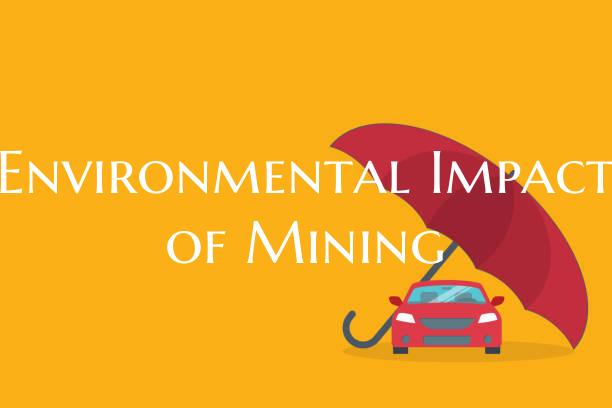Environmental Impact of Mining
Mining is a crucial industry that supplies raw materials for various sectors, but it also has significant environmental consequences that must be carefully considered. The extraction of minerals and metals through mining processes can lead to various detrimental effects on ecosystems, water resources, and air quality. Understanding the environmental impact of mining is essential for developing sustainable practices that minimize harm to the planet.
1. Habitat Destruction: Mining operations often require the clearing of large areas of land, leading to habitat destruction and fragmentation. This loss of habitat can disrupt ecosystems, displace wildlife, and contribute to the decline of local plant and animal species.
2. Soil and Water Contamination: The extraction and processing of minerals can release hazardous chemicals and heavy metals into the soil and water. This pollution not only affects the immediate surroundings of the mining site but can also contaminate water sources downstream, posing risks to human health and aquatic life.
3. Air Pollution: Mining activities, particularly those involving blasting and machinery operations, can release significant amounts of dust and particulate matter into the air. These pollutants can degrade air quality, contribute to respiratory problems, and have long-term effects on the surrounding environment.
4. Deforestation: In order to access mineral deposits, mining companies often clear forests and vegetation, leading to deforestation. Deforestation can have cascading effects on biodiversity, climate regulation, and local communities that depend on forests for resources and livelihoods.
5. Acid Mine Drainage: One of the most significant environmental challenges associated with mining is the generation of acid mine drainage. When sulfide minerals are exposed to air and water during the mining process, they can react to form acidic compounds that leach into surrounding water bodies, causing harm to aquatic ecosystems and water quality.
To mitigate the environmental impact of mining, it is essential for the industry to adopt sustainable practices such as responsible land reclamation, water treatment facilities, and pollution control measures. Additionally, governments and regulatory bodies play a crucial role in overseeing mining operations and enforcing environmental regulations to ensure that mining activities are conducted in an environmentally responsible manner.
By understanding and addressing the environmental impact of mining, we can work towards a more sustainable future where mining activities coexist harmoniously with nature and minimize their negative effects on the environment.
